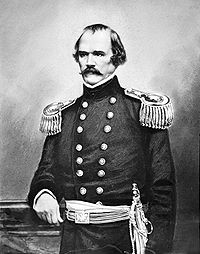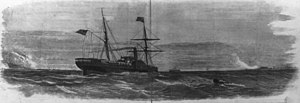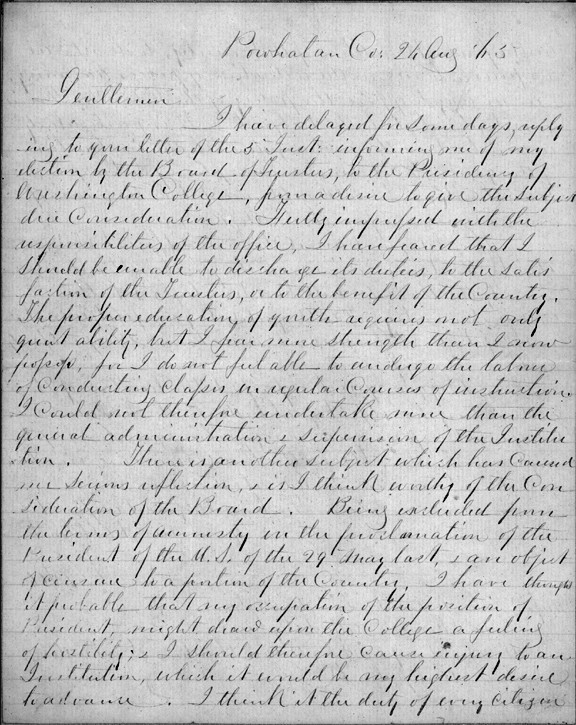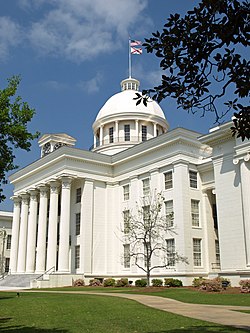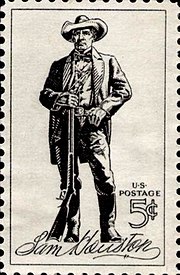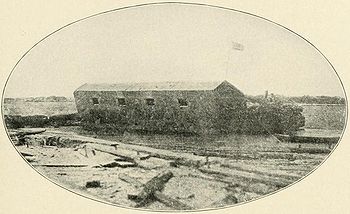COMMONWEALTH OF MASSACHUSETTS, EXECUTIVE DEP’T
Council Chamber, Boston, April 30, 1861
Brigadier-General Butler:
General: The propeller Cambridge, Capt. S.H. Matthews, owned and fitted jointly by the State of Massachusetts and the underwriters of Boston, is loading as a transport for the purpose of taking out supplies for the Massachusetts troops (of which a memorandum will be hereto appended), provided at the expense of the State, and intended to be charged to the General Government, which charge will be allowed or not, as the General Government may decide.
You will note that in addition to the ordinary rations we have added a few articles which may be necessary for the comfort of the troops, for officer’s use, or for hospital purposes. The largest item among these is preserved meats in tin, which ought to be carefully used as a reserve. They will keep for years, are already cooked, and being the most concentrated form of carrying food, may be useful for camp service. I learn this morning that colonel James’ Sixth Massachusetts Regiment is in great need of these at Washington and the vegetables now put on board. We have added a small quantity of pipes and tobacco.
…..
Yours, faithfully,
JOHN A. ANDREW,
Governor
Among the states of the Union, Massachusetts was the intellectual seat of abolition and the most ardent in favor of war. Early on, that enthusiasm showed itself in the elaborate supplies sent to the front with their troops.



